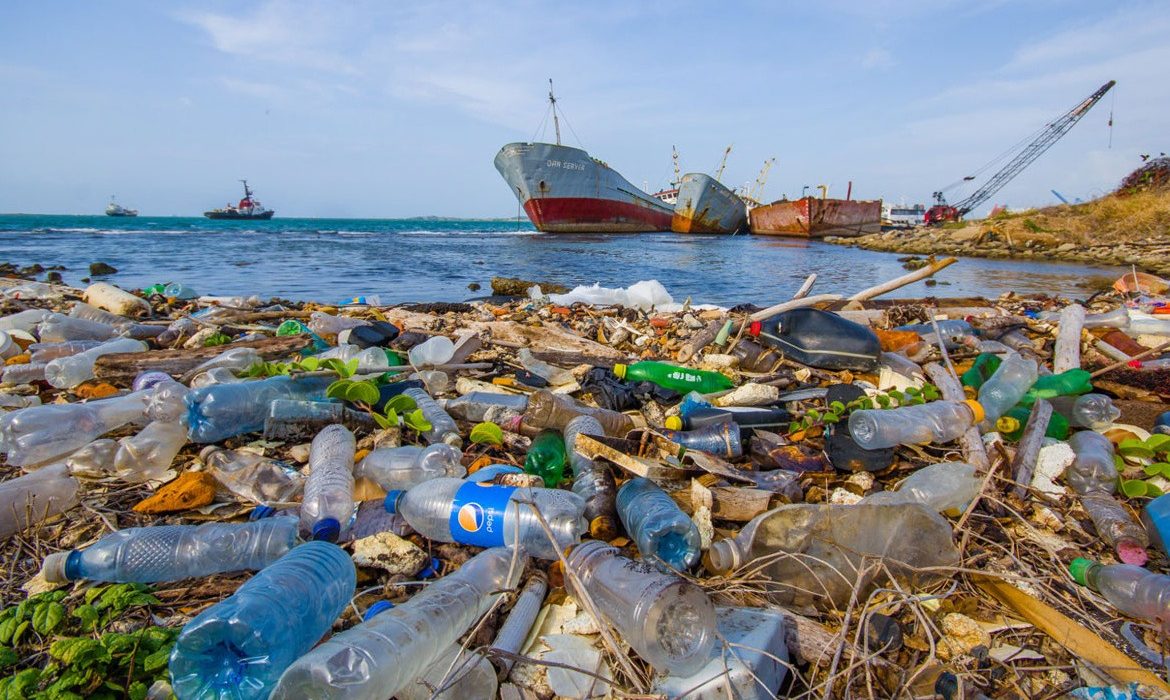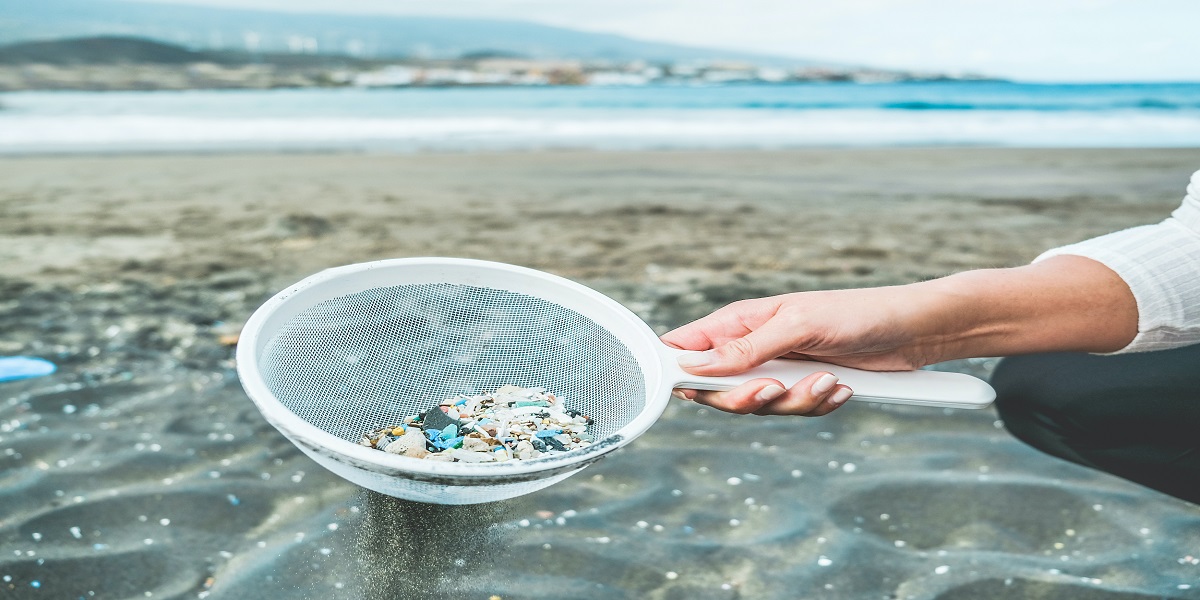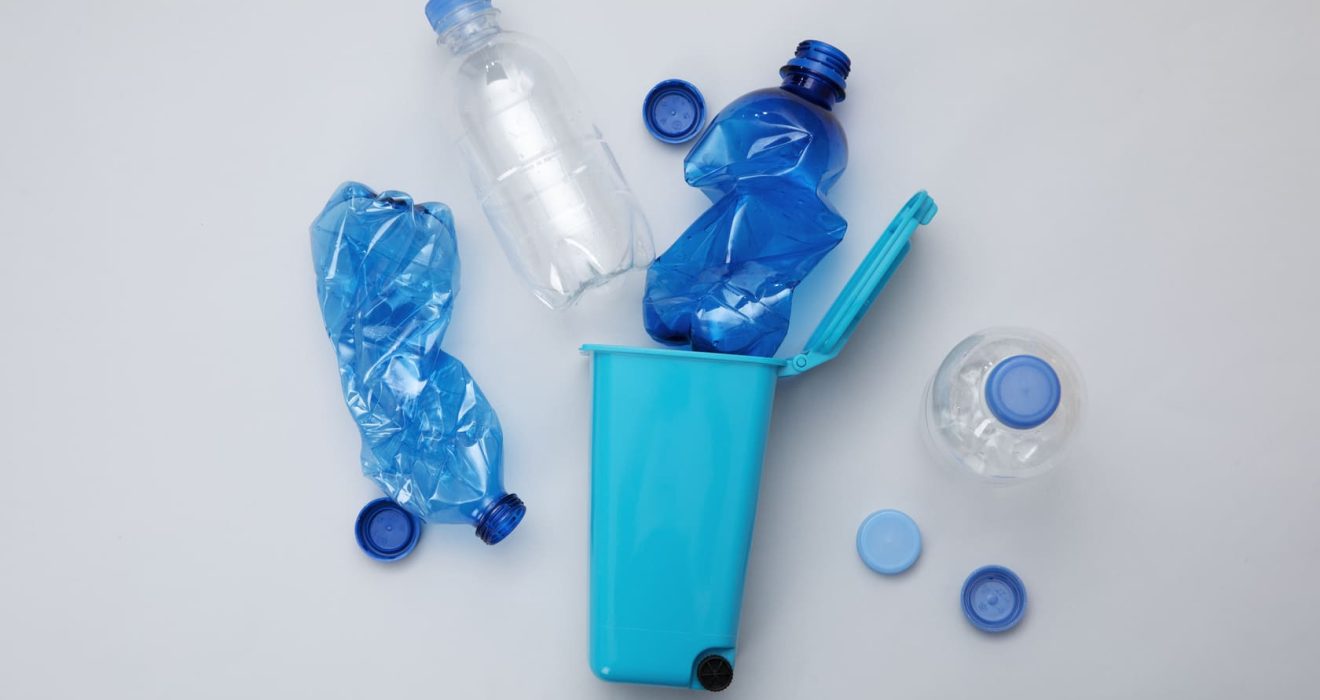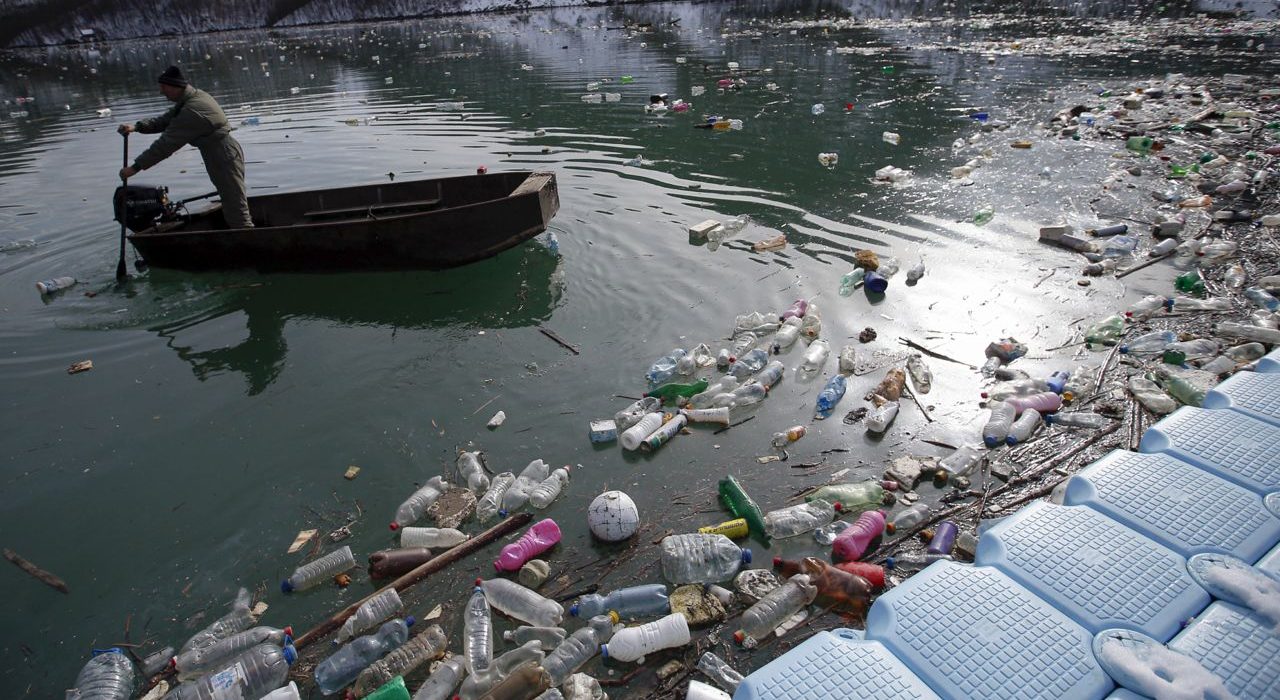A revolutionary study by the Institut de Ciències del Mar (ICM-CSIC) and the University of Cadiz has made it possible to detect marine trash from space. This study, published lately in the journal Nature Communications, shows how satellites can estimate the amount of litter, primarily plastic, on the sea surface a [...]




